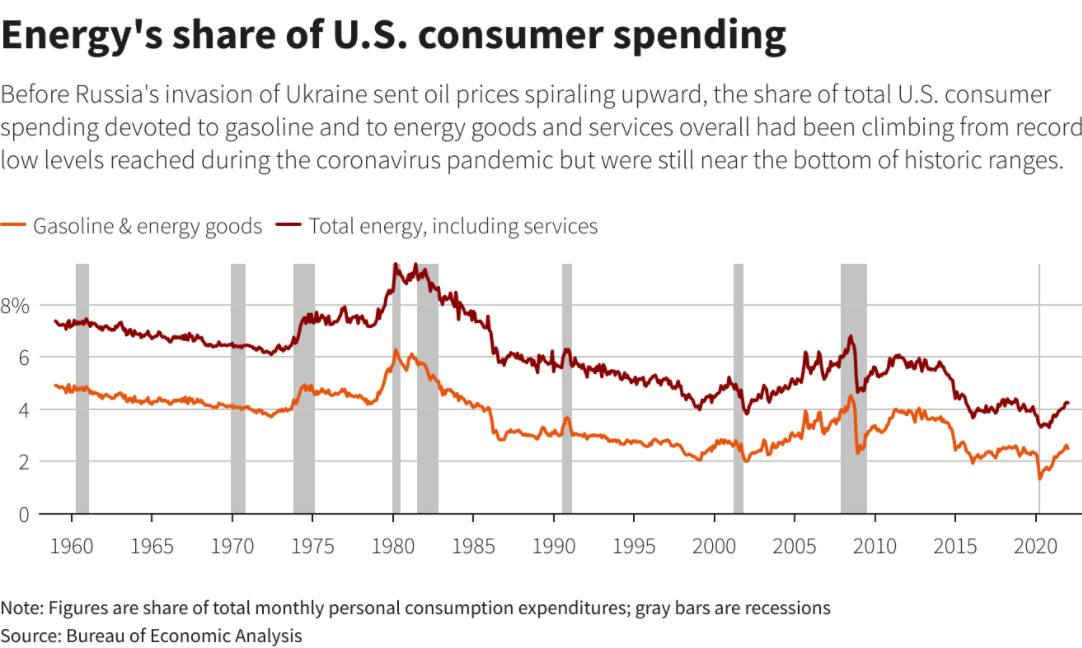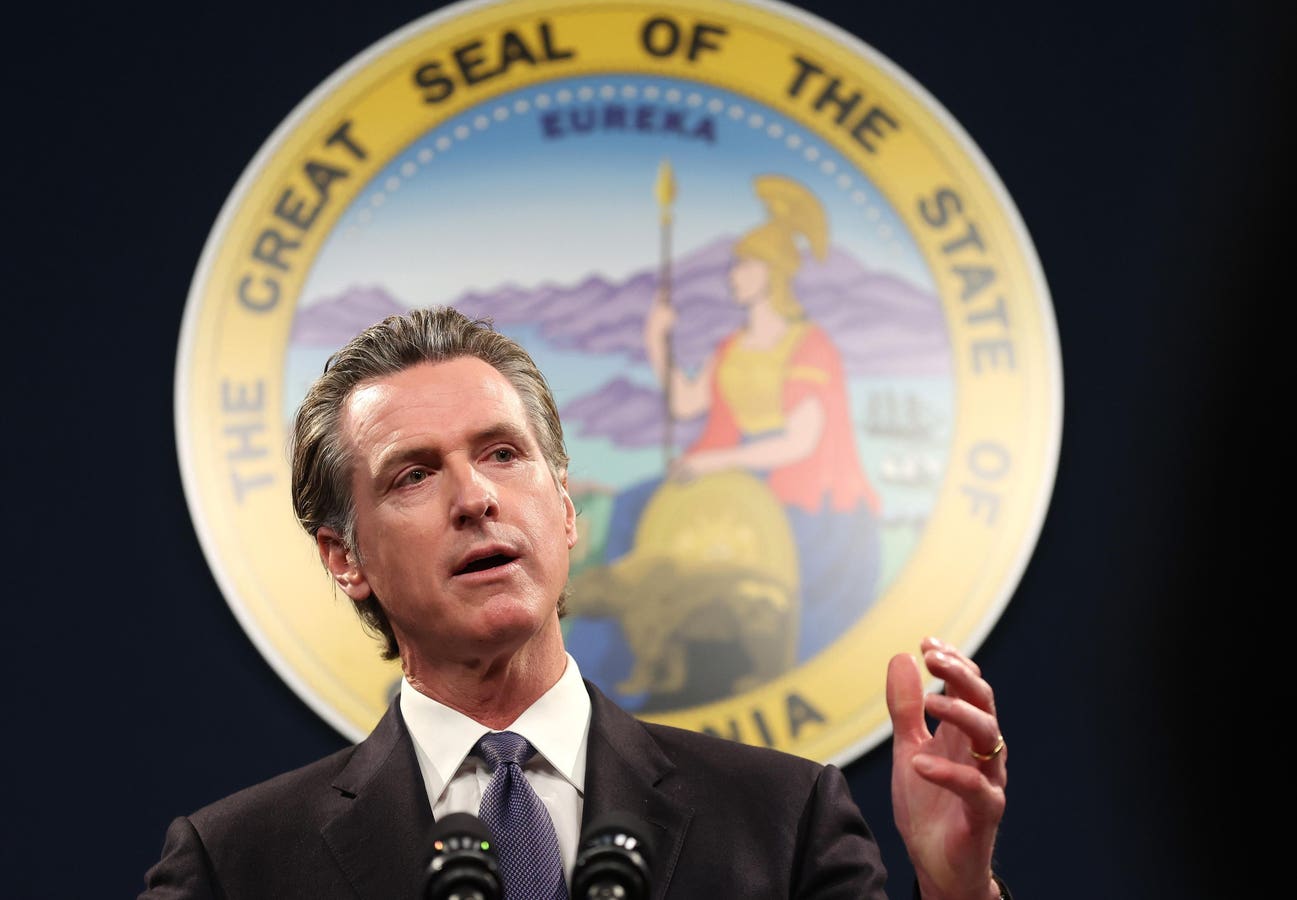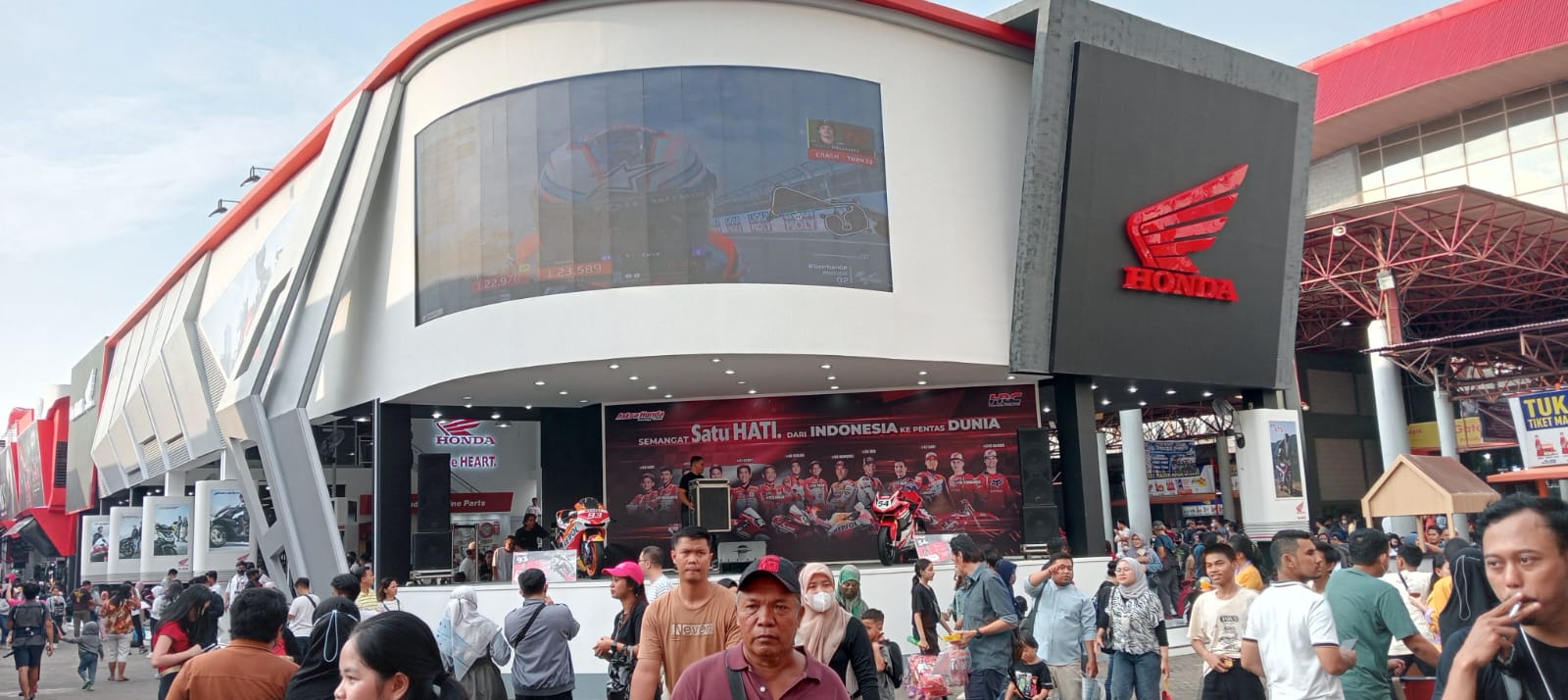Portugal: Presidential Consultations To Precede Prime Minister's Appointment

Table of Contents
The Role of the Portuguese President in Government Formation
The Portuguese President holds significant constitutional powers regarding the appointment of the Prime Minister. Unlike in some parliamentary systems where the appointment is more automatic, the President in Portugal actively participates in the formation of a new government. Their role is far from ceremonial; they wield considerable influence over the process.
The President undertakes several crucial steps during consultations:
- Meeting with party leaders: The President meets with leaders of all significant political parties to assess their ability to command a parliamentary majority and form a stable government. This involves gauging their political platforms, potential coalition partners, and overall viability.
- Evaluating majority support: A key element of the President's assessment is determining whether a potential Prime Minister candidate has a realistic chance of securing the support needed to survive confidence votes in the Assembly of the Republic (Assembleia da República).
- Considering the political landscape: The President considers the broader political landscape, taking into account public opinion, recent election results, and the prevailing political climate in Portugal.
Crucially, the President holds the power to refuse a candidate if deemed unsuitable. This power acts as a safeguard against the formation of a government lacking sufficient support or presenting a clear threat to democratic stability. The President's actions in this regard are carefully scrutinized, both domestically and internationally. This power underscores the significance of the Portuguese President within the Government Formation Process.
The Process of Presidential Consultations
The process of presidential consultations is often characterized by a relatively short timeline, typically spanning a few days to a couple of weeks following a national election or a government resignation. The exact procedures are not rigidly codified, allowing for flexibility and informal negotiations. These discussions are often intense and involve significant behind-the-scenes maneuvering.
Participants in these crucial consultations typically include:
- Leaders of major political parties: Representatives from parties with a significant number of seats in parliament are key players.
- Representatives of smaller parties: Even smaller parties can play a pivotal role in coalition building, and their input is sought.
- Expert advisors to the President: The President relies on a team of advisors to provide analysis and guidance, ensuring informed decision-making during this critical period.
The informal nature of these discussions allows for significant political negotiation. The President acts as a mediator, facilitating discussions between potential coalition partners and exploring possibilities for government formation. The success of these Presidential Consultations hinges on the ability of political actors to find common ground.
Implications of Presidential Consultations for Government Stability
The outcome of presidential consultations directly impacts government stability and longevity. A smooth and swift appointment process typically leads to a stable government capable of implementing its agenda. However, prolonged consultations or significant disagreements can lead to:
- Political deadlock: Failure to find a viable coalition can lead to a period of political uncertainty, hindering the country's ability to address pressing issues.
- Coalition negotiations: Often, the consultations lead to complex negotiations to build a coalition government that has the necessary parliamentary majority. This process can be lengthy and involve compromises.
- Snap elections: If all attempts to form a government fail, the President may be forced to dissolve parliament and call for snap elections. This further disrupts political stability.
The Impact on Portuguese Economic Policy
The Prime Minister chosen after Presidential Consultations significantly impacts Portugal's economic trajectory. Their political platform, and the policies it reflects, will influence national and international economic policy.
- EU Relations: A Prime Minister's stance on EU regulations and collaborations directly affects Portugal's relationship with the European Union, impacting access to funding and trade agreements.
- Investments: The perceived stability and direction of the government influence foreign direct investment, which is vital to Portugal’s economy.
- National Budgets: The approved national budget reflects the government's priorities and policies, shaping public spending in key areas such as infrastructure, education, and healthcare.
The Influence of Public Opinion on Presidential Consultations
Public opinion plays a significant, albeit indirect, role in shaping the President's decisions. While the President isn't directly bound by public opinion, they are certainly aware of it.
- Political Polls: Polls gauge public sentiment and can provide insights into the popularity of different parties and potential leaders.
- Media Coverage: Media coverage of the consultation process and public reaction shape the narrative and potentially influence the President's thinking. The President will be attuned to the overall perception of potential candidates.
Conclusion
Presidential consultations in Portugal are a critical stage in the formation of a new government. The President's role is not merely ceremonial; it actively shapes the political landscape and impacts government stability and policy direction, including its Portuguese Economic Policy. Understanding this process is key to comprehending Portuguese politics. The outcome directly affects Portugal's domestic and international standing.
Stay informed about the upcoming Portuguese presidential consultations and the subsequent appointment of the Prime Minister by following reputable news sources and analyzing the evolving political dynamics. Keep up-to-date on the implications of these presidential consultations and their impact on Portugal's political future.

Featured Posts
-
 Impact Of New Us Energy Policy On Consumer Energy Costs
May 30, 2025
Impact Of New Us Energy Policy On Consumer Energy Costs
May 30, 2025 -
 Iowas New Law Restricts Cell Phone Use In Schools
May 30, 2025
Iowas New Law Restricts Cell Phone Use In Schools
May 30, 2025 -
 Record 90m Transfer On The Cards Real Madrids Interest In Man United Player
May 30, 2025
Record 90m Transfer On The Cards Real Madrids Interest In Man United Player
May 30, 2025 -
 Kawasaki W175 Atau Honda St 125 Dax Panduan Pembeli Motor Retro
May 30, 2025
Kawasaki W175 Atau Honda St 125 Dax Panduan Pembeli Motor Retro
May 30, 2025 -
 Guillermo Del Toros Frankenstein A Confusing New Tease And Its Surprising Theme
May 30, 2025
Guillermo Del Toros Frankenstein A Confusing New Tease And Its Surprising Theme
May 30, 2025
